Best BSc Fisheries Colleges in Dehradun 2026
🔍
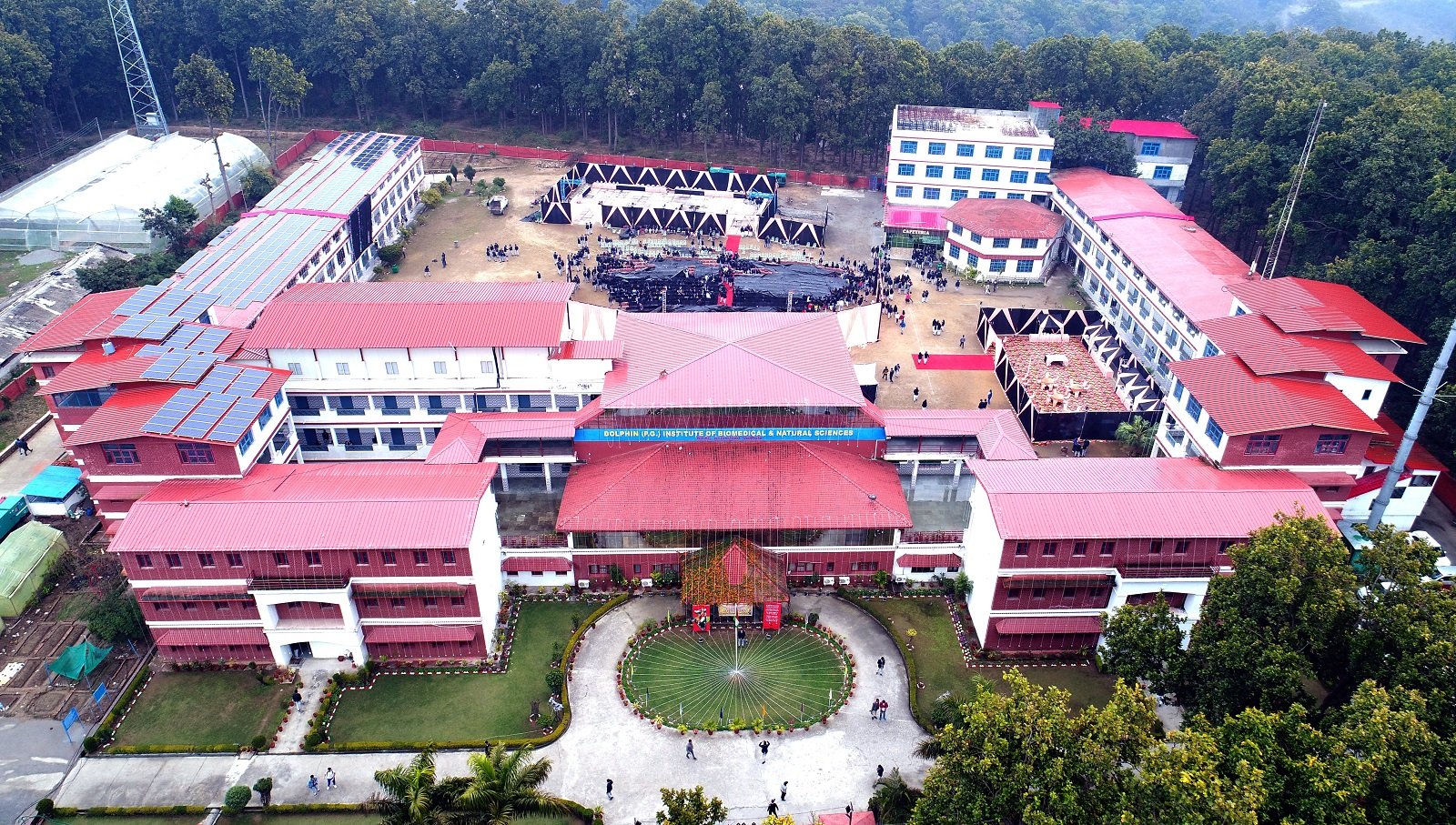
NAAC A+
Dolphin (PG) Institute of Biomedical & Natural Sciences
dehradun,Uttarakhand
Affiliated toHNB
4 ★1 Review|🔥 1670+ Applied
✔ Verified📚 30+ Courses

Dolphin (PG) Institute of Biomedical & Natural Sciences
🔥 1730+Applied📚 30+ Courses
Affiliated: HNB
Established: 2002
41 Review
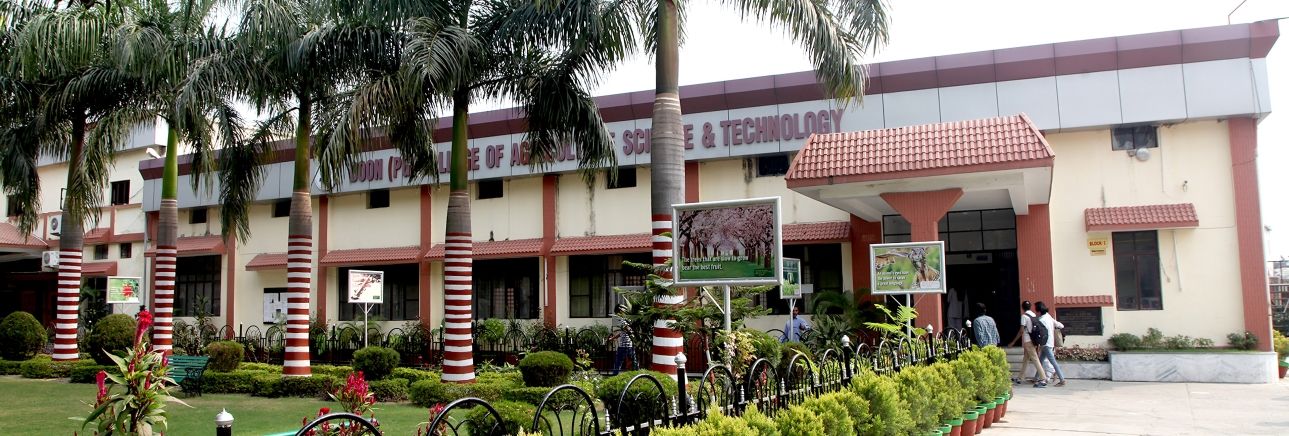
NAAC A
Doon (PG) College of Agriculture Science and Technology
dehradun,Uttarakhand
Affiliated toHNB
3 ★1 Review|🔥 1646+ Applied
✔ Verified📚 28+ Courses

Doon (PG) College of Agriculture Science and Technology
🔥 1781+Applied📚 28+ Courses
Affiliated: HNB
Established: 2000
31 Review
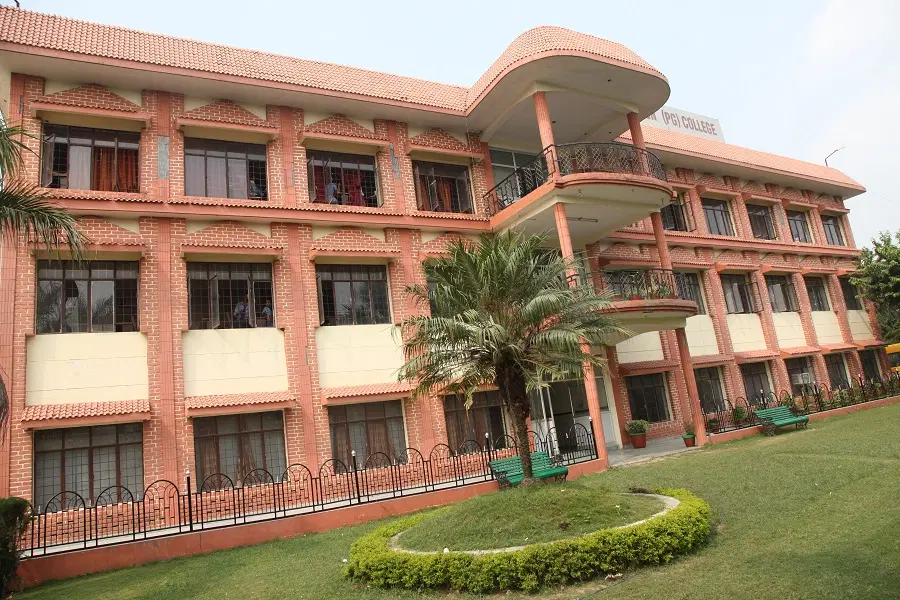
NAAC A
Doon (P.G) Paramedical College & Hospital
dehradun,Uttarakhand
Affiliated toHNB
4 ★1 Review|🔥 1576+ Applied
✔ Verified📚 11+ Courses

Doon (P.G) Paramedical College & Hospital
🔥 1933+Applied📚 11+ Courses
Affiliated: HNB
Established: 2000
41 Review

NAAC A+
Sardar Bhagwan Singh University
dehradun,Uttarakhand
Affiliated toSardar Bhagwan Singh University
5 ★1 Review|🔥 1693+ Applied
✔ Verified📚 52 Courses

Sardar Bhagwan Singh University
🔥 1639+Applied📚 52 Courses
Affiliated: Sardar Bhagwan Singh University
Established: 1994
51 Review
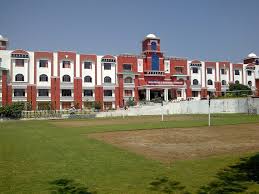
NAAC A
Sai Group of Institute
dehradun,Uttarakhand
Affiliated toHNB
4.5 ★2 Reviews|🔥 1723+ Applied
✔ Verified📚 25+ Courses

NAAC A
Doon Group of Colleges
dehradun,Uttarakhand
Affiliated toHNB
3.5 ★2 Reviews|🔥 1968+ Applied
✔ Verified📚 43 Courses
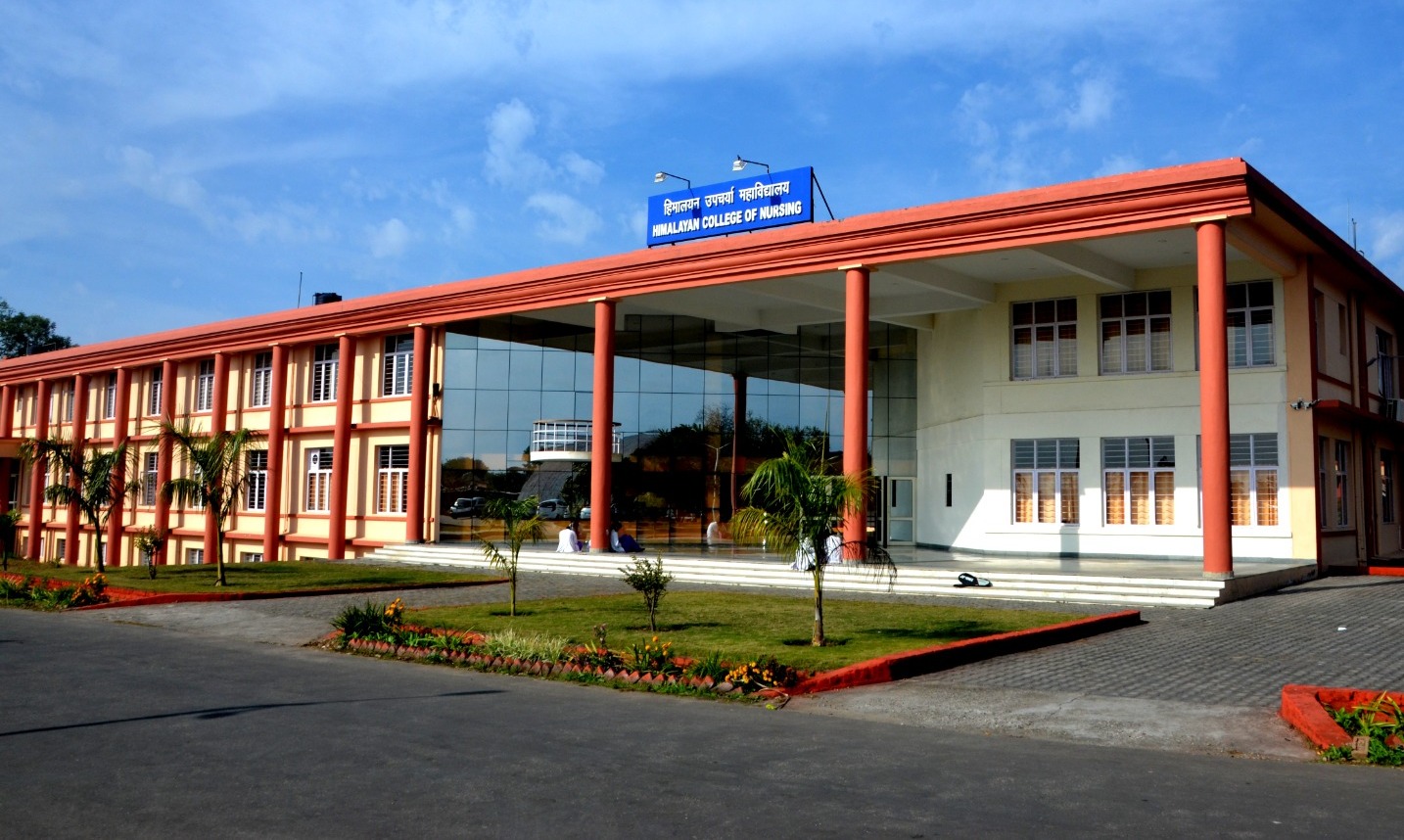
NAAC A+
Himalayan College of Nursing
dehradun,Uttarakhand
Affiliated toSwami Rama Himalayan University
3.5 ★2 Reviews|🔥 1672+ Applied
✔ Verified📚 6+ Courses

Himalayan College of Nursing
🔥 1656+Applied📚 6+ Courses
Affiliated: Swami Rama Himalayan University
Established: 2006
3.52 Reviews